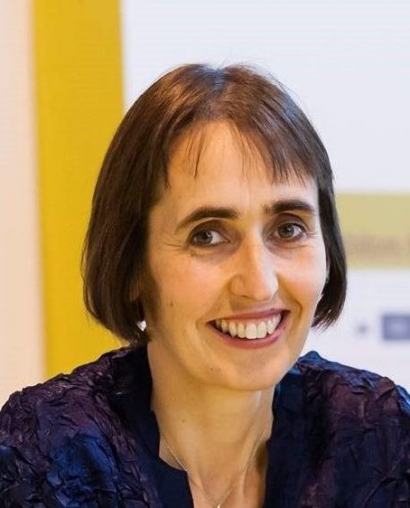
Only 2 percent of the 105 billion tonnes of organic wastes generated annually by human activity is currently treated through anaerobic digestion (AD) and transformed into valuable bioresources such as biogas, biofertilisers and bioCO2 to decarbonise carbon intensive sectors such as heat, transport and agriculture.
Fully deployed, AD could deliver 50 percent of the Global Methane Pledge now joined by over 100 countries.
The debate raised the issue of financing the solutions to climate change, including the deployment of AD to its full climate change mitigation potential. The WBA reiterated its key message to a full house of COP26 delegates at a session held in partnership with the Kenya Climate Change Working Group in the exclusive Blue Zone of the global climate event in Glasgow earlier this month.
“Organic wastes from food production, food waste itself, farming, landfill and wastewater treatment are responsible for about 25 percent of global methane emissions caused by human activity” said Charlotte Morton, WBA Chief Executive in her speech. “However, today only 2 percent of these are treated and recycled [through anaerobic digestion], which means that 98 percent are [still] emitting methane. It is therefore critical that we usher in a new era of waste management. We haven’t changed how we treat our waste for millennia. We either burn or bury it. That must change.”
Earlier in the meeting, Dr Johan C.I. Kuylenstierna, Research Leader at the Stockholm Environment Institute, had explained how “reducing methane is the single most important thing we can do to protect ourselves from climate change in the near term” and that methane is responsible for about 30 percent of warming and has a life of about 12 years in the atmosphere”.
Over that lifetime, methane (CH4) is 86 times more harmful than CO2 - which is why over 100 countries have now signed up to the Global Methane Pledge committing them to reducing their emissions by 30 percent from 2020 levels by 2030.
By treating organic wastes, anaerobic digestion (AD) captures the CH4 they emit whilst transforming them into biogas, biofertilisers and other valuable bio-products that help decarbonise carbon-intensive industries such as heat, transport and agriculture. Global human activity generates 105 billion tonnes of organic wastes annually - of which, as highlighted by Charlotte Morton - only 2 percent is being recycled through AD.
Ms Morton added that AD could deliver around 50 percent of the Global Methane Pledge targets and offers a circular solution that acts as a catalyst for circular economies across multiple sectors.
The health impact on populations, and especially women, of climate change and short-lived climate pollutants (SLCPs) such as methane and black carbon was vividly illustrated in keynote speeches by the Second Lady of the Republic of Ghana, H.E. Hajia Samira Bawumia, and the Second Lady of the Republic of Kenya, H.E. Rachel Ruto. Among other speakers, Arnold Kipchumba of the Kenya SLCP project, shared the startling 2021 World Health Organisation statistic that “4 million people die prematurely with SLCP-related illnesses and household air pollution”, with rural communities in Africa being particularly affected.
In his presentation, Alex Marshall, CEO of Clarke Energy, showcased success stories from the biogas sector and highlighted that the company is already contributing to the avoidance of an estimated 17 to 20m tonnes of CH4 emissions globally every year.
In the concluding Q&A session and remarks, the discussion moved to the issue of creating a viable economic model for AD to fulfill its environmental potential. John Kioli, Chairman of the Kenya Climate Change Working Group, said that whilst the technological solutions have been identified, “we need to find the solution to paying for what needs to happen”.
For additional information:

